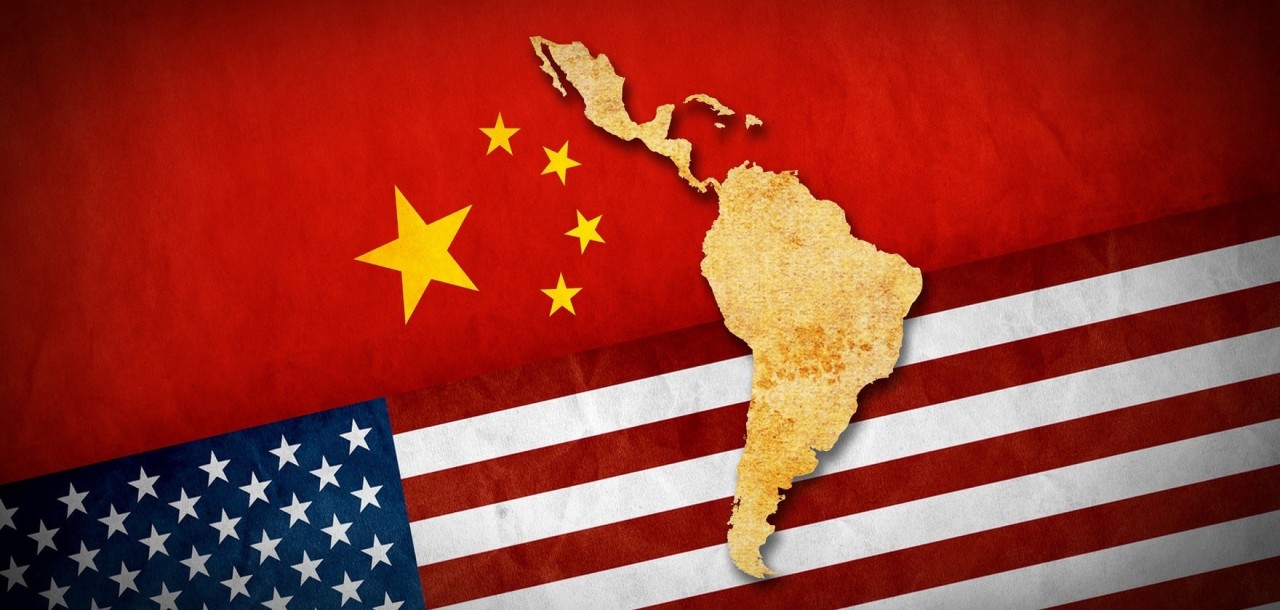On March 26, US Ambassador to Colombia William Brownfield said the US is close to signing bi-lateral military accords with two unspecified countries in Latin America.
In October 2009, following a failed attempt to keep the details secret, the US and Colombia hastily announced a deal allowing US troops and advisors to use seven military bases on Colombian soil. The deal came to light when the now defunct Cambio magazine leaked details of the treaty, forcing both countries to react quickly to the news. The announcement provoked varying degrees of anger and worry amongst regional neighbors. Fearing a similar fate, the two unspecified countries have asked to keep their identity a secret, according to an interview with Brownfield published in El Espectador.
The pact was announced one month before the expiration of a lease that granted US personnel access to a base at Manta, Ecuador. Many in Ecuador, including the current administration, thought the US presence there was unjustified. Consequently, Ecuadorian President Rafael Correa refused to renew the lease. In an expression of this latent frustration, Correa said that Ecuador would allow the US to have a base in Ecuador when Ecuador is allowed to have a base in Miami.
Correa’s tongue-in-cheek remark highlights the more aggressive stance many countries in Latin American are taking towards US influence in the region.
“Backing Off Until We’re Called”
There are signs the US is starting to heed the message.
During a conference on Security in the Western Hemisphere at the Brookings Institute in Washington on February 25, Deputy Assistant Secretary of Defense of the Western Hemisphere Frank Mora addressed the shifting US role in Latin America. Mora called for the US to be a “partner of choice” in the region. Mora cited the Brazilian-led relief effort in Haiti as an example that being a partner of choice does not preclude US leadership.
Further evidence of the shift in strategy comes from the US response to an announcement at the Rio Summit in February regarding the creation of the Community of Latin American and Caribbean States, a regional bloc that excludes the United States and Canada. Current Assistant Secretary of State for Western Hemisphere Affairs Arturo Valenzuela said the bloc doesn’t appear to be a problem. The man who held the job before him, current US Ambassador to Brazil Thomas Shannon, went a step further, stating it was good that Latin American countries were improving regional integration.
Defining Military Collaboration
In the interview, Brownfield did not specify whether military collaboration meant having troops on the ground or the provision of equipment and/or advisory services.
There is an important difference between the two.
A large part of the regional criticisms about the October 2009 treaty stemmed from the physical presence of US soldiers on Colombia’s bases. In efforts to regain goodwill, the US may change how they send personnel and military assistance moving forward. The recently-signed US-Brazil Defense Cooperation Agreement as well as US intelligence sharing at antinarcotics bases in Panama suggest that US military involvement in Latin America may involve military attaches, intelligence, equipment, and advisors – but not soldiers.
By not revealing the identity of the two nations involved in the pending agreements, the US is acknowledging the diplomatic blunder it helped create during the announcement of the Colombia base deal. This is wise for two reasons. First, it shows that the US recognizes its culpability in creating a polarized Latin America and the threat this poses to US allies and interests in the region. Secondly, it shows the US is committed to becoming the partner of choice the administration alleges to seek. Sometimes being the partner of choice means letting your cohort set the rules.

Reply